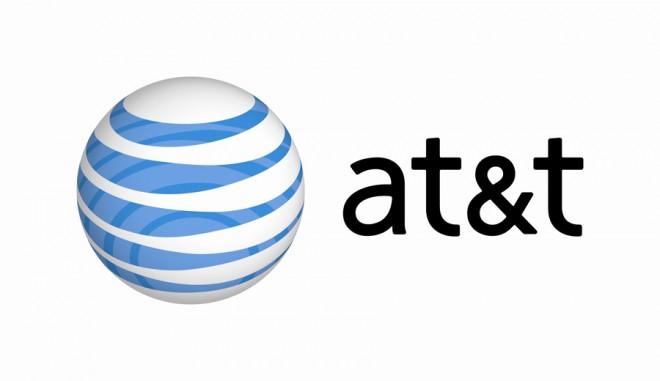AT&T Points Fingers At FCC After T-Mobile Layoff Announcements
I’m a little both shocked at the way AT&T Senior Executive Vice President of External and Legislative Affairs is handling the T-Mobile call center announcement. Someone should tell this man using layoffs to point fingers at the FCC and all but accuse them of being responsible blows my mind. Lecturing the FCC by acting like everyone involved are schoolchildren reeks of amateur hour. This guy needs a wake up call in humility. For instance:
Normally, we’d not comment on something like this. But I feel this is an exception for one big reason– only a few months ago AT&T promised to preserve these very same call centers and jobs if our merger was approved. We also predicted that if the merger failed, T-Mobile would be forced into major layoffs.
Normally you wouldn’t comment? Normally I wouldn’t walk on hot coal either Mr. Cicconi. Did he really use 3300 layoffs as a “I told you so” moment? Mr. Cicconi should be embarrassed by his words and beliefs that AT&T would have kept all the same jobs. Would he really have us believe that front-line staff wouldn’t have been lost, that redundant jobs wouldn’t have been lost etc. This is horrible write-up on Mr. Cicconi’s behalf and I hope issues an apology forthwith.
;
Full Text:
The following statement may be attributed to Jim Cicconi, AT&T Senior Executive Vice President of External and Legislative Affairs:
“Yesterday, T-Mobile made the sad announcement that it would be closing seven call centers, laying off thousands of workers, and that more layoff announcements may follow. Normally, we’d not comment on something like this. But I feel this is an exception for one big reason– only a few months ago AT&T promised to preserve these very same call centers and jobs if our merger was approved. We also predicted that if the merger failed, T-Mobile would be forced into major layoffs.
“At that time, the current FCC not only rejected our pledges and predictions, they also questioned our credibility. The FCC argued that the merger would cost jobs, not preserve them, and that rejecting it would save jobs. In short, the FCC said they were right, we were wrong, and did so in an aggressive and adamant way.
“Rarely are a regulatory agency’s predictive judgments proven so wrong so fast. But for the government’s decision, centers now being closed would be staying open, workers now facing layoffs would have job guarantees, and communities facing turmoil would have security. Only a few months later, the truth of who was right is sadly obvious.
“So what’s the lesson here? For one thing, it’s a reminder of why “regulatory humility” should be more than a slogan. The FCC may consider itself an expert agency on telecom, but it is not omniscient. And when it ventures far afield from technical issues, and into judgments about employment or predictions about business decisions, it has often been wildly wrong. The other lesson is even more important, and should be sobering. It is a reminder that in government, as in life, decisions have consequences. One must approach them not as an exercise of power but instead of responsibility, because, as I learned in my years of public service, the price of a bad decision is too often paid by someone else.

